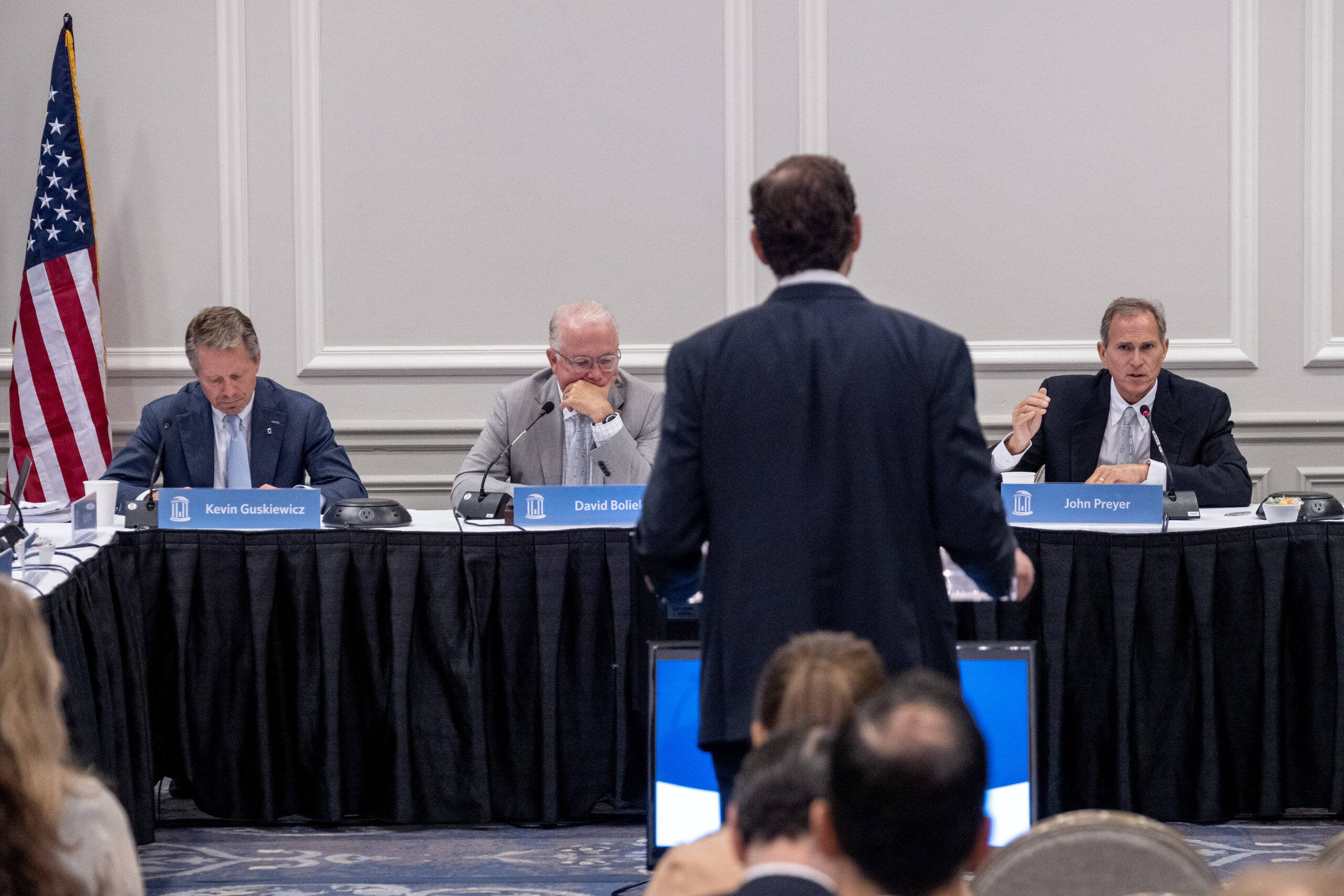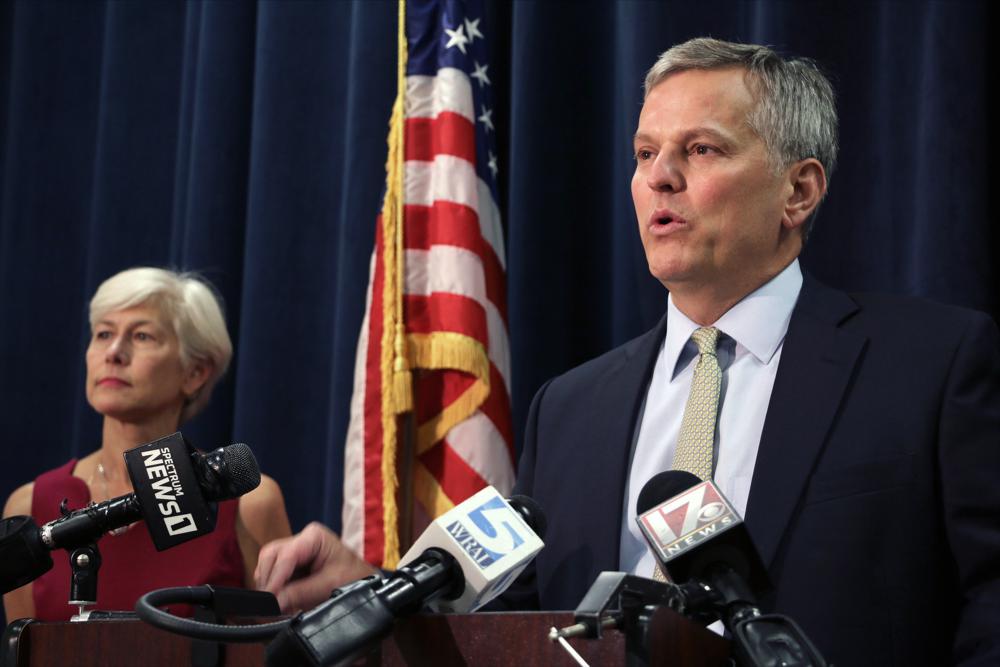On Wednesday, a three-judge panel of the Fourth U.S. Circuit Court of Appeals placed an injunction on two provisions of North Carolina’s 2013 election law, blocking them from being implemented for the upcoming November election.
On Thursday, the court denied a motion to stay that order until after the election – so attorneys for the state have appealed to the U.S. Supreme Court.
Wednesday’s ruling does not put a hold on the entire law, but rather two provisions of it: one that eliminates same-day registration during the early voting period, and another that eliminates the counting of “provisional ballots,” or ballots cast by voters who come to the wrong precinct on Election Day.
A variety of organizations have challenged the law in court, saying it disproportionately affects black voters – which, if true, would violate the Voting Rights Act of 1965. Wednesday’s ruling doesn’t necessarily strike down those two provisions – it just puts a hold on them until the legal challenge is resolved. (The ruling means that same-day registration would be allowed during early voting, and provisional ballots would be counted, during this upcoming election.)
But the Supreme Court may choose to step in and reverse the lower court. In fact this week the Supreme Court did exactly that in Ohio, reversing a lower-court decision to allow enforcement of a similar law. Among other things, the Court ruled there that it’s too close to Election Day for a judicial decision to change election law without creating undue confusion.
Attorney General Roy Cooper filed the appeal on behalf of Governor Pat McCrory, even though Cooper has said he personally opposes the law in question. The Supreme Court has not yet decided whether to take the case.






Comments on Chapelboro are moderated according to our Community Guidelines